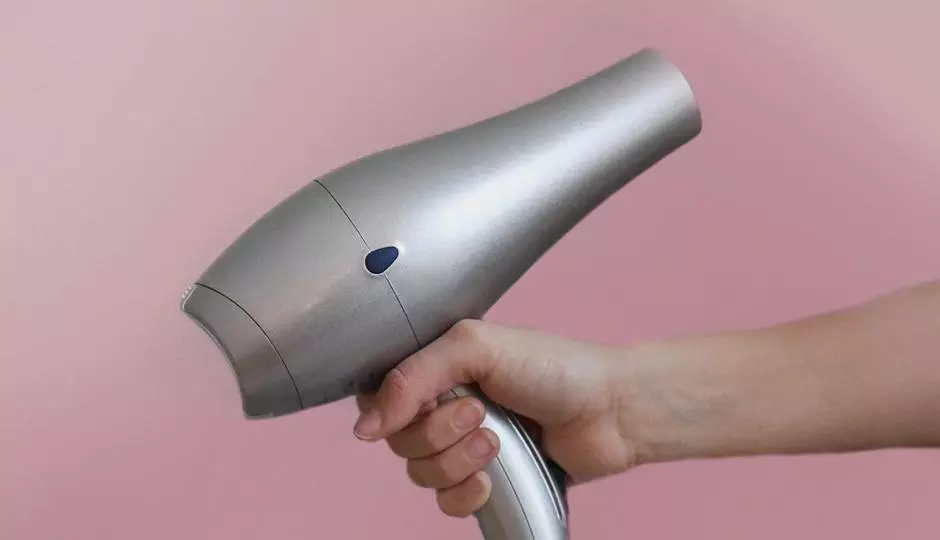Most people have heard of arthritis. While osteoarthritis is the most common type, there are other types including rheumatoid arthritis. Another less common type is called psoriatic arthritis. This can affect someone who has psoriasis, a skin condition that leads to an overproduction of skin cells.
Psoriatic arthritis occurs when one or more joints become swollen and stiff. As with other forms of arthritis, some people may only be mildly affected, whereas others may experience severe issues with multiple joints. Approximately one in three of those who have psoriasis will go on to develop psoriatic arthritis as well.
Does Psoriatic Arthritis Affect the Scalp?
Psoriasis causes patches of skin to become flaky and scaly. This tends to occur in certain areas including knees and elbows. However, it can develop anywhere, including on the scalp.
In many cases, people who exhibit psoriasis on their scalp will also develop psoriatic arthritis. It’s best to see your healthcare provider for a proper diagnosis to see whether this is the case if you have signs of psoriasis on your scalp. If you already have psoriasis elsewhere on your body, you can ask your haircare provider to keep an eye on your scalp for early signs of psoriasis that may appear.
Is Hair Loss Associated With Psoriatic Arthritis?
If you imagine excess skin cells building up on the scalp, it’s easy to imagine that hair follicles can be affected by this process. Psoriasis can cause the skin to become itchy, so in this case, scratching the scalp is quite common.
Psoriatic arthritis has a range of symptoms, but it will not usually directly lead to hair loss. However, if scalp lesions develop, these can prevent hair from growing in the affected areas. Moreover, and more commonly, an itchy scalp that causes you to scratch can cause bald spots to occur in the affected areas. This is sometimes referred to as psoriatic alopecia, i.e., hair loss that stems from psoriasis occurring on the scalp.
Fortunately, permanent hair loss is uncommon, although it is imperative to seek medical treatment and advice. The task is to prevent hair follicles in the affected areas from becoming permanently damaged from excessive scratching. Should this occur, hair will no longer be able to grow from those follicles. This can lead to permanent bald patches. The challenge is to minimize itching in those areas, so the individual will be less likely to scratch the scalp. It is this, rather than the psoriasis itself, that can lead to hair loss.
Finding Treatments for Psoriasis That Affects the Scalp
There is a range of topical treatments designed to be applied to the scalp. Many include corticosteroids to reduce the overproduction of skin cells. Your doctor can recommend the best treatment based on your case. The sooner you seek advice about psoriasis that affects your scalp, the easier it will be to treat it.
You can also purchase medicated shampoos specifically designed to improve the condition of the scalp. It is usually best to leave these in for a few minutes to be sure they penetrate to the area where they are needed.
Focus on a Daily Haircare Routine
If you have psoriatic arthritis, you’ll know that you may have good and bad periods. As with many other chronic conditions, psoriatic arthritis can flare up. If psoriasis affects your scalp, take care to gently brush your hair each day – don’t be too aggressive. Furthermore, make sure you regularly shampoo and condition your hair. Find a shampoo and conditioner that is gentle and designed for regular use.
Adopting an early treatment plan that focuses on reducing psoriasis on the scalp is the best course of action. This applies if you have psoriasis or psoriatic arthritis, since both can present with scaly patches of skin on the scalp that can affect the hair.
Some types of medication also have side effects that include potential hair loss, so be aware of that as well. That said, any hair loss can settle down with the hair regrowing once the condition settles down. Most cases of hair loss related to psoriatic arthritis are only temporary, so it’s a question of managing it along the way.
To learn more about the treatment options, contact the team at Unique Hair Concepts and consider scheduling a complimentary in-office consultation.






